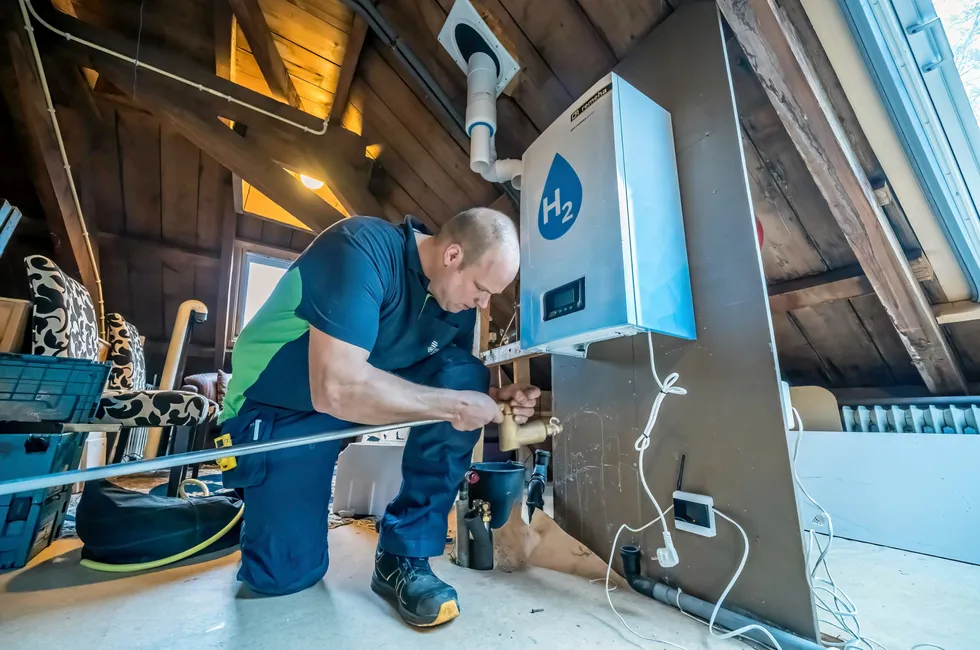INVESTIGATION | 'Residents support Redcar hydrogen heating trial', says gas company — but is that really true?
Northern Gas Networks claims strong backing for its H2 village pilot in northeast England, but only a third of the affected community have taken part in its 'flawed' survey
